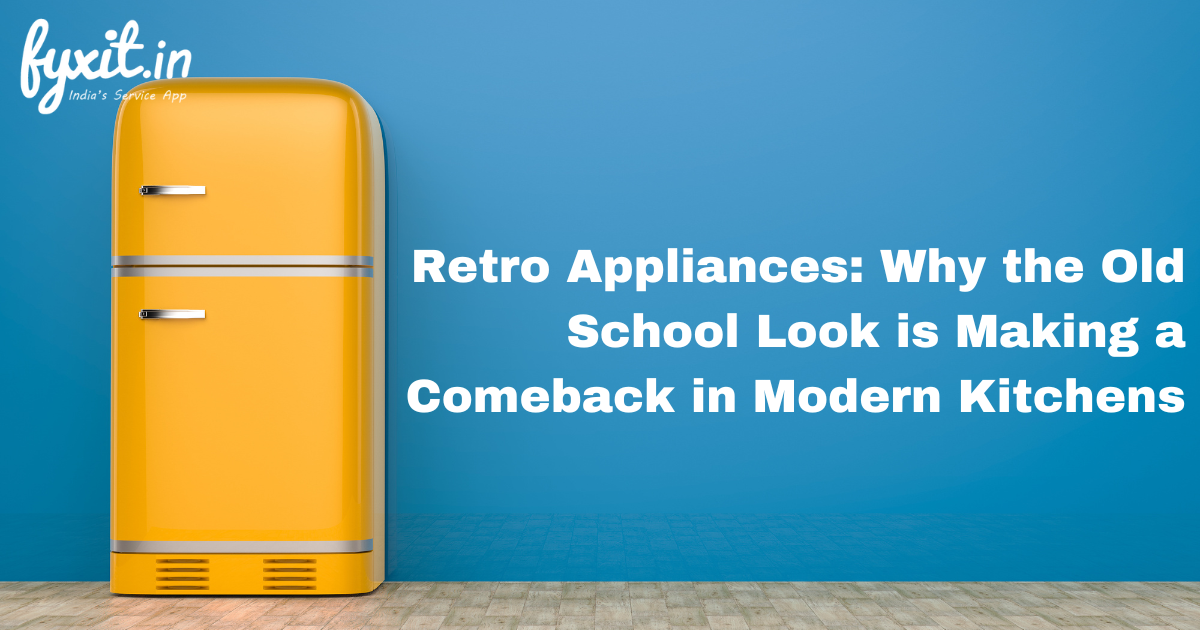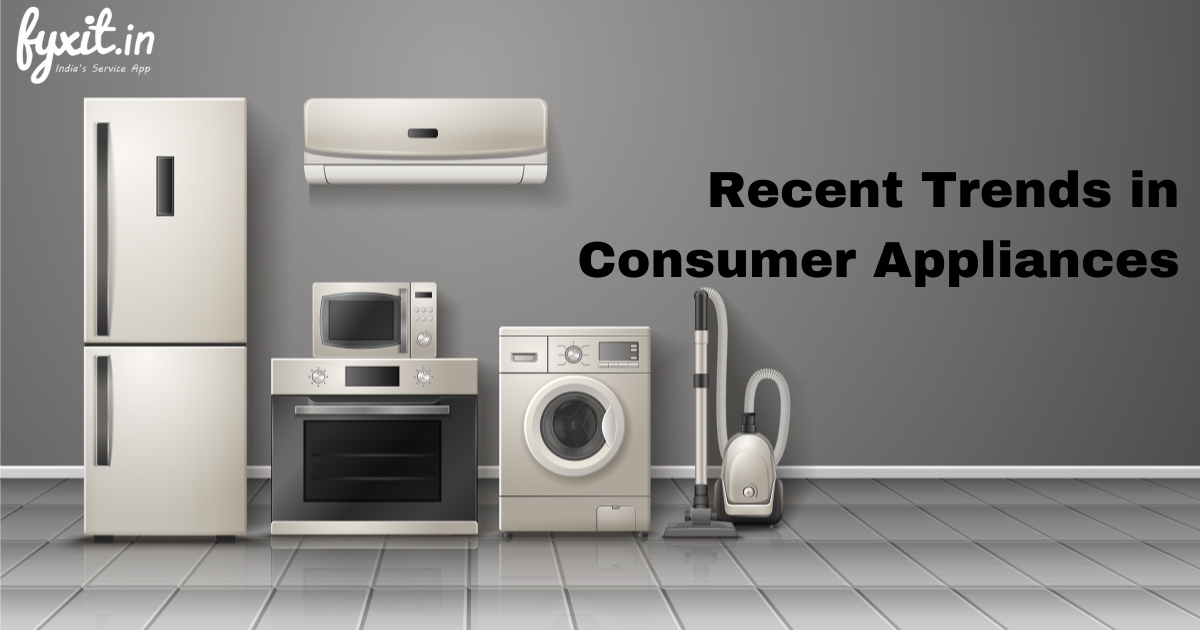Climate change has become a significant global issue, and people are increasingly looking for ways to reduce their carbon footprint. One area where there has been a significant change is in the air conditioning industry. Air conditioners are known to consume a considerable amount of energy, and manufacturers are now focusing on developing energy-efficient models to address this problem.
How do energy-efficient air conditioners work?
Energy-efficient air conditioners are designed to use less electricity than traditional models, while still providing the same level of cooling performance. They achieve this through various advanced technologies that optimize their energy consumption and reduce their carbon emissions. Some of the key features that make air conditioners energy-efficient include:
- Inverter technology: Inverter technology allows an AC unit to adjust its cooling capacity according to the temperature requirements of a room, rather than running continuously at full power. This can significantly reduce energy consumption, as the unit only uses the amount of power it needs to maintain a comfortable temperature.
- Variable speed compressors: Similar to inverter technology, variable speed compressors allow an air conditioner to adjust its cooling output based on the room’s temperature. This results in better temperature control, lower energy usage, and longer lifespan for the unit.
- Energy-efficient refrigerants: The type of refrigerant used in an air conditioner can also have an impact on its energy efficiency. Many modern energy-efficient ACs use refrigerants that have a lower global warming potential (GWP) than traditional refrigerants, which means they have a reduced impact on the environment.
Trend of Energy-efficient Air Conditioners
“According to the International Energy Agency (IEA), air conditioning accounts for about 10% of global electricity consumption, and that number is projected to triple by 2050”. In developing countries like India, air conditioners are becoming increasingly popular as people’s purchasing power increases. However, this growth in demand is not without its consequences. It puts a strain on the power grid, and the increased electricity consumption leads to more greenhouse gas emissions. Energy-efficient air conditioners can help mitigate these problems.
One trend in energy-efficient air conditioners is the use of smart technology. Smart air conditioners come with features that allow you to control them remotely using a smartphone or other smart devices. You can set the temperature, turn the AC on and off, and even monitor energy consumption. Some smart air conditioners also use sensors to detect when people are in the room and adjust the cooling accordingly. Ensuring that the AC is only on when needed can help reduce energy consumption.
Another trend in energy-efficient air conditioners is the use of eco-friendly refrigerants. The most common refrigerant used in air conditioners is hydrofluorocarbon (HFC), which is a potent greenhouse gas. Manufacturers are now developing air conditioners that use alternative refrigerants like hydrofluoroolefin (HFO) and propane (R290). These refrigerants have a lower global warming potential than HFCs, and they are also more energy-efficient. This trend towards eco-friendly refrigerants is not only good for the environment but can also help reduce energy consumption.
Finally, there is a growing trend towards energy-efficient air conditioners that use renewable energy. In recent years, the use of solar-powered air conditioners has become increasingly popular. Solar panels convert sunlight into electricity, which powers the AC in solar-powered air conditioners. These air conditioners can help reduce electricity bills, and they are also environmentally friendly. Although the initial cost of installing solar panels may be high, the long-term benefits can make it a cost-effective solution.
Energy-efficient air conditioners are becoming increasingly popular as people look for ways to reduce their carbon footprint and lower their electricity bills. The use of inverter technology, smart technology, eco-friendly refrigerants, and renewable energy sources are some of the trends in this industry. With the increasing demand for air conditioning, it is essential that we focus on developing sustainable solutions to reduce energy consumption and lower carbon emissions. As consumers, we can do our part by choosing energy-efficient air conditioners and taking steps to reduce our energy consumption.



